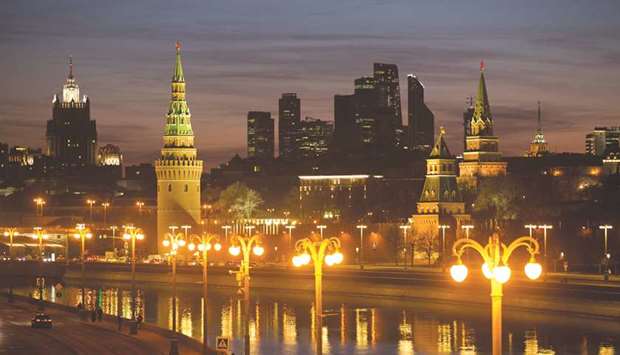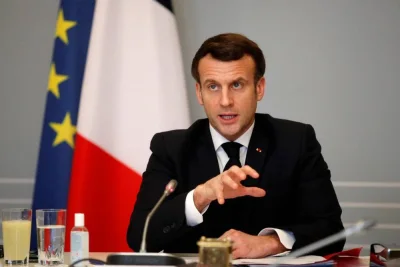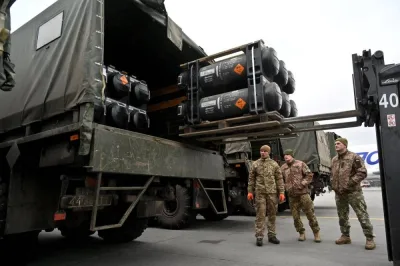Russia’s economy expanded 2.3% last year, growing more quickly than the government and the IMF had predicted, according to state statistics published yesterday.
Russia’s growth rate accelerated from 1.6% in 2017 and exceeded the economy ministry’s prediction of 1.8% as well as the International Monetary Fund’s forecast of 1.7%.
The country’s economy only returned to growth in 2017 after two years of recession in 2015 and 2016.
Russia’s Rosstat statistics agency said that GDP last year was 103.6tn roubles ($1.578tn, €1.38tn), with growth in sectors such as hotels and restaurants boosted by hosting the World Cup.
The economy ministry had initially predicted 2.1% growth before revising this down to 1.8%, taking into account the impact of US sanctions on the rouble.
Strong growth in the construction sector of 5.3% was one of the factors that pushed the year’s figures higher than expected. This was due to large construction projects such as oil and gas facilities and Novatek’s new liquefied natural gas plant in the north of Siberia, the economy ministry said.
Novatek is one of Russia’s largest natural gas producers.
The latest figures show that Russia “has made significant upwards revisions” to its quarterly growth figures for the first half of last year, said the London-based Capital Economics research group. It said the figures suggest that Russia’s growth has already peaked and “will average 2% over 2019 and 1.3% in 2020.”
While Russia has turned the corner after the worst recession during Vladimir Putin’s time in power since 2000, the figures are still much lower than the economic goals declared by the Kremlin.
Last year Putin said he wanted his latest four-year term as president from 2018 to 2024 to see four-percent annual growth. During his election campaign for a fourth term last year, Putin said he wanted to halve the number of people living in poverty and increase GDP per head by 50% by 2025, which would require four-percent annual growth.
Russia’s central bank has predicted annual growth of between 1.5 and 2% for the period between 2018 and 2020, calling for structural reforms to diversify the economy.
Meanwhile Russia is complying fully with its pledge to cut oil production gradually, Energy Minister Alexander Novak said yesterday.
He said Russian oil production decreased by 47,000 barrels per day (bpd) in January from October, the baseline for the global deal aimed at reducing oil supply. “Russia is completely fulfilling its obligations in line with earlier announced plans to gradually cut production by May this year,” Novak said in a statement.
The pace of Russia’s output cuts has drawn criticism from Saudi Arabia, de facto leader of the Organisation of the Petroleum Exporting Countries.
According to Energy Ministry data published on Saturday and Reuters calculations, Russia cut its output in January by around 35,000 bpd from October to 11.38mn bpd. Novak earlier said Russian oil production reached 11.41mn bpd in October 2018.

The skyscrapers of the Moscow International Business Centre, also known as ‘Moscow City,’ stand on the skyline beyond the Kremlin and Moskva River in Moscow. Russia’s economy expanded 2.3% last year, growing more quickly than the government and the IMF had predicted, according to state statistics published yesterday.


